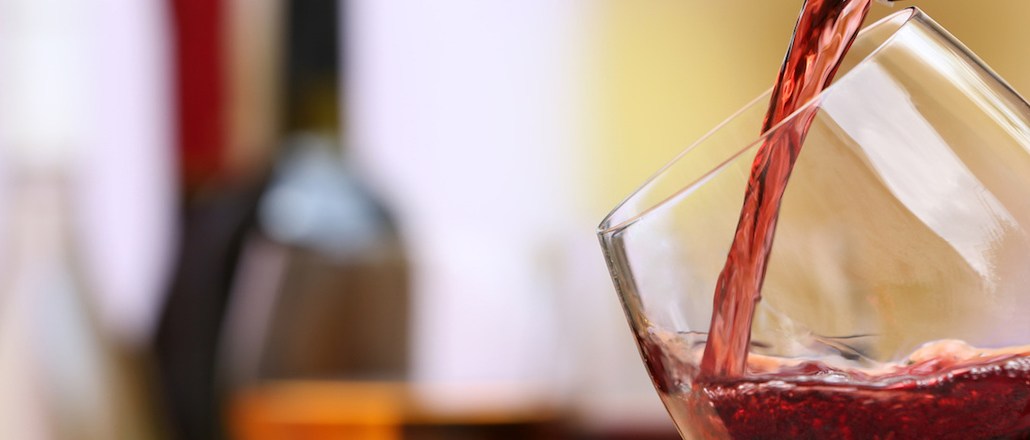Secure your place at the Digiday Media Buying Summit in Nashville, March 2-4

Marketing is hard. It’s even harder in new markets.
U.K. wine retailer Naked Wines found that out the hard way. Last week, its parent company, Majestic Wine, saw its shares fall 25 percent on the news it would miss its projected profits for 2017. The blame: a £2 million ($2.6 million) marketing mistake tied to a direct-marketing effort in the U.S. for Naked Wines.
The e-commerce upstart, which was acquired by Majestic Wine for £70 million ($91.5 million) in 2015, has been in the U.S. for four years. Luke Jecks, CEO of Naked Wines, says the company has been focusing on the region due to its size. And at 14 people, the U.S. marketing team is Naked’s biggest. But while the scale of the U.S. market is its appeal to U.K. brands like Naked, it has proven a difficult nut to crack.
Naked had seen the success its competitors had with catalog inserts and with postage cheaper than Europe, and so it figured it would try it out. Early results from a test in September were good, so the company rolled out three bigger tests in May, June and August, spending £1 million ($1.3 million) in the process.
“We have seen loads who are spending abroad now,” said Parry Jones from agency The Specialist Works. “Hence why America is known as the graveyard for U.K. businesses.”
While direct marketing can be targeted, it’s also an expensive place to be if you don’t know your customer and aren’t willing to constantly tweak your campaign, he says.
“Digital has forced us to be flexible through constant optimization. You can no longer lay down three to four months of activity and see how it works,” he added.
According to the Advertising Association/Warc Expenditure Report, £1.861 billion ($2.43 billion) was spent on direct mail in 2015 — over 9 percent of the U.K.’s total ad spend. But while direct mail saw a 1.4 percent increase in 2015, it is forecast to decline by 2017. For many marketers, it’s unsexy.
“Frankly speaking, I believe that a strategy with its foundation in direct mailing in 2016 is bound to fail,” says Artur Szatkowski, creative technology consultant at Isobar.
For him, the medium makes it difficult to collect data in a meaningful way when digital media can unify data from multiple sources and create segments effectively.
“In a way, it disregards the context. It only reaches the consumers in very particular conditions, and 2016 marketing is all about being where your consumers are 24/7,” he said.
Naked Wines is now looking to digital channels to prevent it from becoming over-reliant on its retailer partnerships in the U.S. The brand’s three-person digital team has been paid spend behind Facebook.
The company — as in the U.K. — found success partnering with brands like Nordstrom and Charles Tyrwhitt by including vouchers inside their customer deliveries. It works with 30 brands currently and has grown its circulation by 25 percent this year.
“We didn’t even need to go into a direct-mail channel,” Jecks said.
More in Marketing

Thrive Market’s Amina Pasha believes brands that focus on trust will win in an AI-first world
Amina Pasha, CMO at Thrive Market, believes building trust can help brands differentiate themselves.

Despite flight to fame, celeb talent isn’t as sure a bet as CMOs think
Brands are leaning more heavily on celebrity talent in advertising. Marketers see guaranteed wins in working with big names, but there are hidden risks.

With AI backlash building, marketers reconsider their approach
With AI hype giving way to skepticism, advertisers are reassessing how the technology fits into their workflows and brand positioning.





